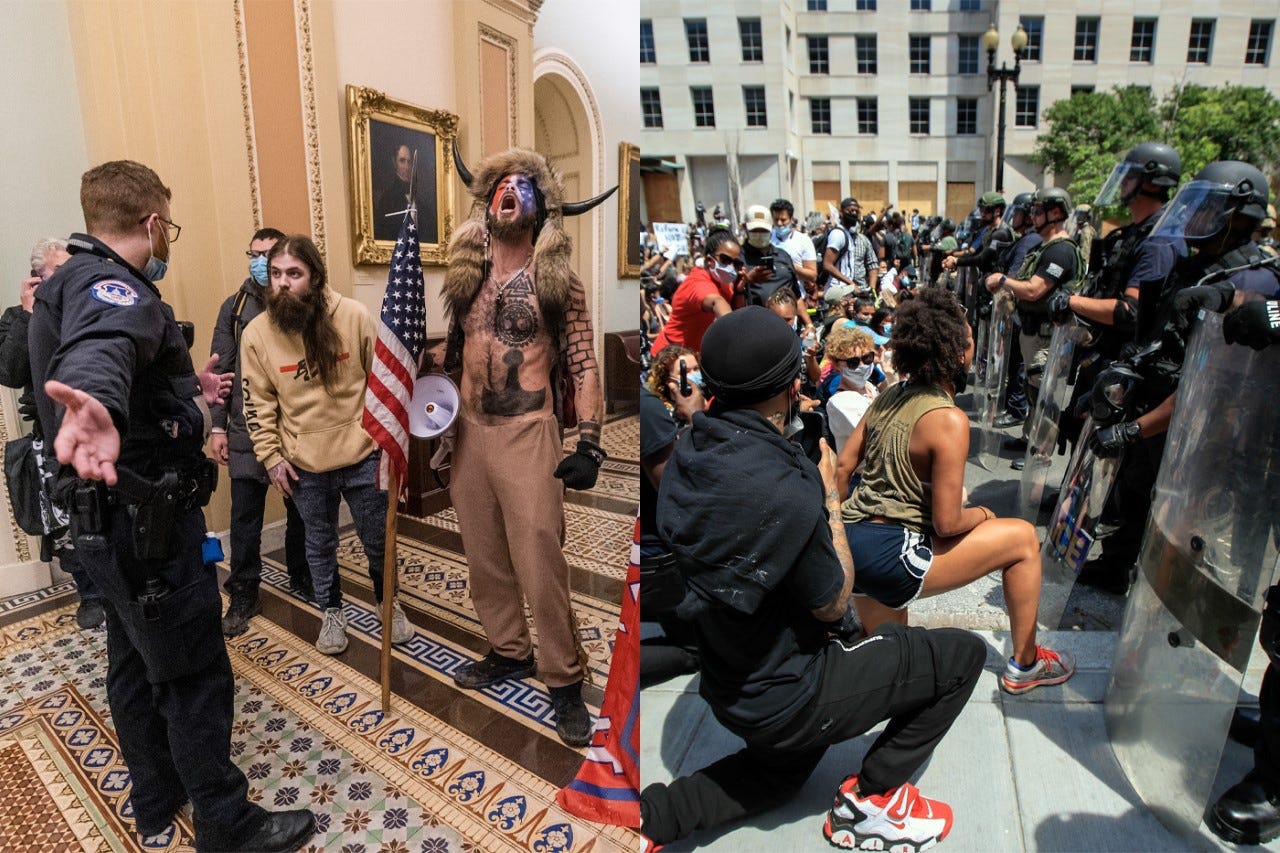White Privilege and the Absence of Consequences
The January 6th attack on the US Capitol was a stark reminder of America's two systems of justice.

On May 15, 2010, 16-year-old Kalief Browder, a Black teenager from the Bronx section of New York, was arrested on suspicion of stealing a backpack containing $700 in cash, a digital camera, a credit card, a debit card, and an iPod Touc…
Keep reading with a 7-day free trial
Subscribe to The Journeyman. to keep reading this post and get 7 days of free access to the full post archives.



